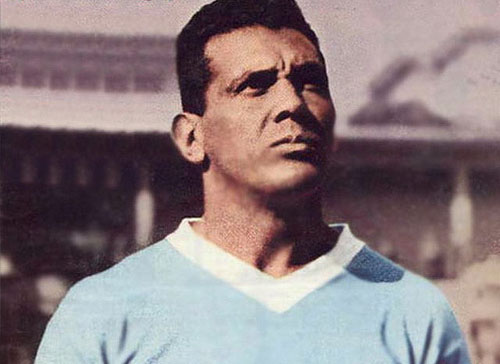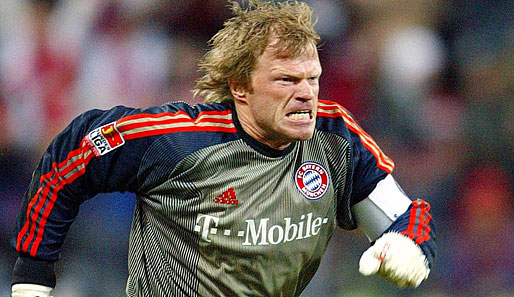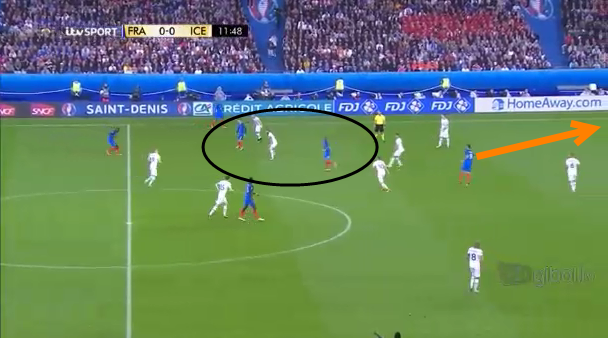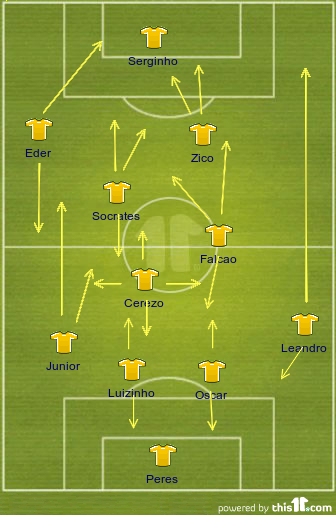Edgar Allan Pillow
Ero-Sennin


......................................... TEAM JOGA ........................................................................................ TEAM INVICTUS .........................................
TEAM JOGA BONITO
Overview:
The formation is essentially a slightly tweaked 4-2-3-1; a left wing-back, a conservative RCB/RB, an inside left and a goalscoring right wing-forward.
Tactics
Fairly straightforward stuff, keep it tight at the back and give the forwards freedom to strut their stuff but within a tactical framework, that is. The back 6 are all exceptional players on the ball (apart from Burgnich, who was no mug himself) and the focus would be on playing quick, nippy and direct football. I believe the key personnel for my side would be Facchetti and Zico, esp the latter whom I believe can make a real impact here. Likewise, Brehme for Invictus could prove to be a real handful to deal with.
Player Roles
Dino Zoff : One of the greatest keepers of all time, the cultured custodian will be a formidable presence at the back and an inspirational leader to boot. He will keep it simple during possession and would prioritise short lay-offs as opposed to long distribution.
Tarcisio Burgnich : La Roccia will be the defensive RB/RCB whose primary job here is to square up against Ronaldinho - a tough task no doubt. An excellent man-marker with great reading of the game, Burgnich has it in his defensive arsenal to keep up with the trickery of the Brazilian, having successfully nullified some of the greatest tricksters of his day - Jinky Johnstone, Dragan Dzajic, Gento and Simoes amongst others.
Paul McGrath : The Black Pearl of Inchicore was quite simply a colossus at the back, who will play the role of the relatively more aggressive centre-back, primarily dealing with the aerial and physical threat of Nordahl/Riva. His quick, one-touch passing ability from the back should aid the side's fairly quick and direct tempo on the ball too. Be sure to check out his individual compilations on here & here & here.
Maxime Bossis : La Grande Max was a class act for both club and country. The two time French Player Of The Year will primarily be the more covering centre-back of the duo, relying on his anticipation and reading of he game to deal with Invictus's attacking threats. Despite being a key presence for France, Bossis has never been yellow or red carded in his entire illustrious career for France or in international club competitions - highlighting the defensive nous of the Frenchman.
Giacinto Facchetti : The Italian would be given full freedom to forage down the left flank and he'd primarily look to stretch play on the ball and link-up with Rivelino whilst keeping tabs on Jairzinho in the defensive phase.
Michael Carrick : Nothing much needs to be said about him to United fans, he'll keep it calm and composed, using his positioning and anticipation skills to cut off passing lanes/make interceptions etc and provide a great base for the more flashy attackers, with his astute passing skills. Provide a nice counter-balance to the more blood-and-thunder, dynamic and physical Coluna.
Mario Coluna : The 'Sacred Monster' would reprise his usual midfield general role and his directness, physicality and technical ability makes him a formidable presence in the engine room. On the ball, he'd primarily look to service the forwards with his passing skills (esp Rummenigge from the deep) and also occasionally mix it up with a dribble, a rampaging run forward or a cracker from outside the box. Defensively, he'll put his physicality and dynamism to good use to complement the more serene defensive style of Carrick.
Rivelino : The idol of Ronaldinho and Maradona, the Atomic Kick would primarily look to link-up with Zico and he would prove to be a nice foil to the like of Zico, Carrick and Coluna on the ball, whilst being a complementary counter-weight to the incisive Kalle on the right. Rivelino's mutli-faceted threat on the ball (dribbling, incisive passing & goalscoring threat) and his tactical intelligence (fairly hardworking for a player of his ilk, able to drop back into midfield or occupy the attacking inside left channels etc) should be at the fore for this exciting side.
Zico : One of the greatest players ever, the goalscoring playmaker has a fairly straightforward role here - pull the strings, link up with the like of Coluna, Rivelino, Carrick; provide defense-splitting balls, go on mazy runs and of course apply the finishing touches.
Karl-Heinz Rummenigge : Kalle will be the real focal point of this attack with the umpteen creative presences in the side looking to pick up his runs. His movement off the ball was out of this world and his well rounded game play meant that he could both function as a threat outside the box with his dribbling and incisive runs, and pose a threat as the focal point in the box with his physicality and presence.
Antoine Griezmann : Essentially a direct and probing final third player with exceptional movement off the ball and a ruthless streak. His role would be to probe, create openings and space for the prime focal point (Rummenigge and to a lesser extent Zico) to move into and be lurking about for opportunities that will arise. He has his work cut out against an imposing CB duo but his predatory instincts could prove to be useful with the likes of Zico and Kalle taking the bulk of the opposition's attention. It's also key to note that he's come leaps and bounds with regards to his general play under Simeone - esp his physical aspects of the game, his hold-up play, aerial ability and ruthlessness etc.
He's had plenty of clutch performances for both Atletico and France over the years, finishing as the Player of the Tournament and top scorer in Euros 2016 but it's his work for Atletico which stands out the most, esp as chances are relatively hard to come by with Simeone's compact strategy.
Performance as the lone centre-forward against reigning CL holders and Messi led Barca; helped overturn a 2-1 first leg deficit, with a two goal salvo in the 2nd leg.






































 .
.